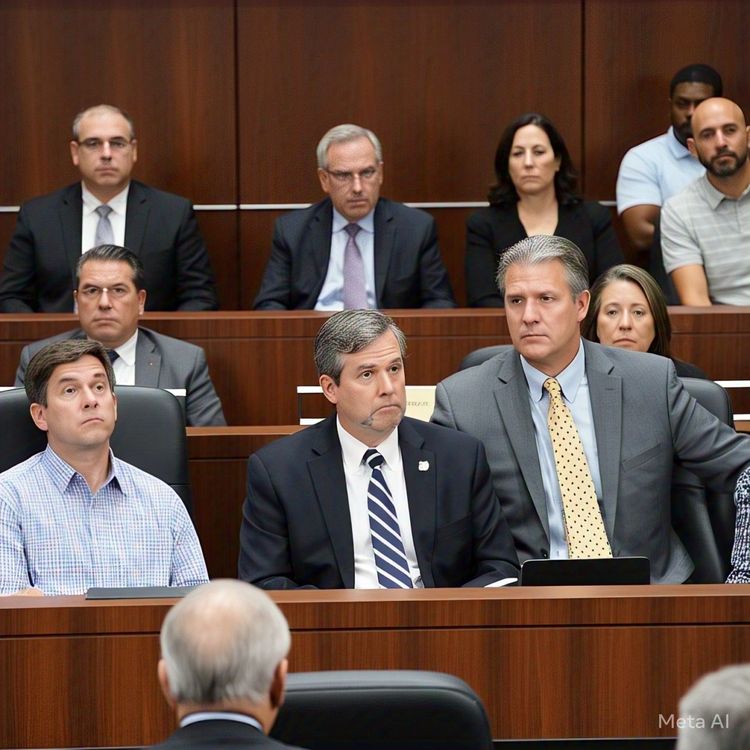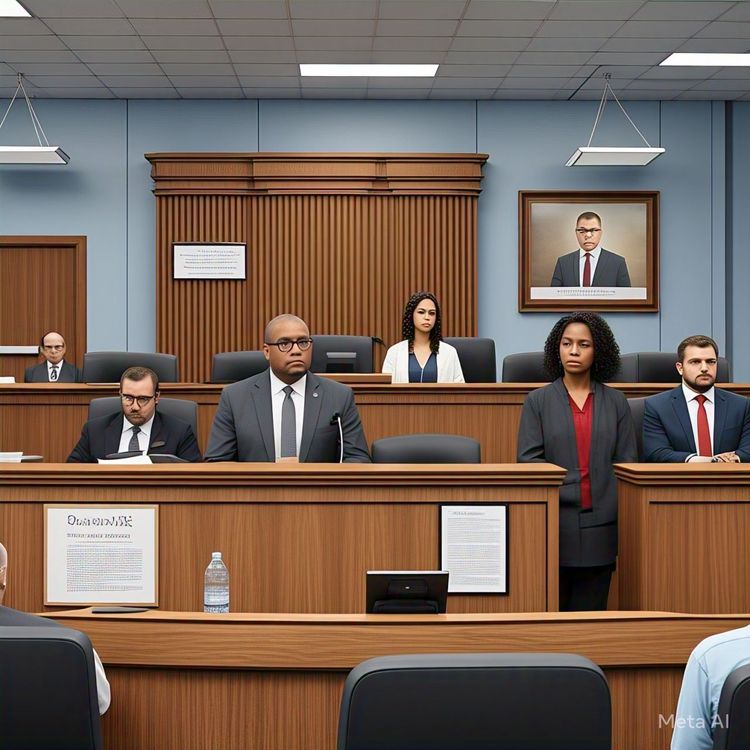Being accused of a crime you didn't commit is one of the most stressful experiences imaginable. The emotional toll, coupled with the looming uncertainty of your future, can feel suffocating. Innocent defendants face a unique challenge: they must prove what they know to be true while the justice system treats them as if they might be guilty. This guide explores the critical steps, strategies, and mindsets needed to endure the legal process without compromising your rights—or your peace of mind.
The Importance of Legal Representation
Hiring the right attorney is not just about having someone in a suit speak for you in court. It's about having a strategic partner who understands the nuances of the law and can see the traps before you walk into them. Data from the Bureau of Justice Statistics shows that defendants with legal counsel are significantly more likely to have charges reduced or dismissed.
Even if you believe "the truth will set you free," the truth often needs expert framing. A reasonable criminal defense attorney can challenge weak evidence, cross-examine unreliable witnesses, and ensure the prosecution follows proper procedure. Without skilled representation, even the innocent can fall victim to procedural missteps.
The Role of Communication
Clear communication with your lawyer is your lifeline. Holding back information—no matter how minor it seems—can backfire. Imagine a small detail about your whereabouts on a particular day; it could become the thread that unravels the prosecution's case.
Your attorney also needs to manage communications with prosecutors, witnesses, and the media. A single ill-considered statement to a journalist or a casual remark overheard by law enforcement can be used against you. Think of your lawyer as both your translator and your filter—someone who ensures your message is accurate and strategic.
Strategic Limitations
Innocent defendants often feel an urge to "tell their side" immediately. The temptation to explain yourself is natural, but in a legal context, it can be disastrous. The prosecution may twist your words or highlight inconsistencies, even if they're irrelevant to the facts.
Strategic limitation means you let your lawyer decide what information to release and when. Sometimes, holding back specific facts until trial can prevent the prosecution from reshaping their case in advance. In short, silence—when managed wisely—can be one of your strongest tools.
Avoiding Misinterpretation
The courtroom is not a place for ambiguity. A slight misstatement can snowball into suspicion. For example, in the 1995 Central Park Five case, coerced and misinterpreted statements played a significant role in wrongful convictions that were later overturned by DNA evidence.
Avoiding misinterpretation means refusing to answer law enforcement questions without your attorney present. It also means reviewing every public statement in advance. Even your body language can be interpreted through a prosecutorial lens—slouching, avoiding eye contact, or showing frustration may be read as guilt.
The Consultation Process
The first meeting with your lawyer sets the tone for your defense. Bring every relevant document, text message, or witness contact you have. Your attorney will ask probing questions—not to doubt you, but to identify vulnerabilities the prosecution might exploit.
This process is also your chance to assess the lawyer's expertise. Do they ask insightful follow-up questions? Are they familiar with local judges and prosecutors? A strong attorney-client relationship starts with mutual trust and thorough preparation.
Seeking Expert Legal Counsel
Not all attorneys are created equal. For complex charges, hiring a lawyer with a specific criminal defense focus is essential. Consider the case of Michael Morton, wrongfully convicted in Texas in 1987. It took decades—and the work of skilled post-conviction attorneys—to uncover withheld evidence that proved his innocence.
Expert counsel can also tap into forensic specialists, private investigators, and jury consultants. These resources can make the difference between an acquittal and a conviction. Remember, your defense team's network is as valuable as their courtroom skills.
Preparing a Robust Defense
A solid defense is built long before the trial begins. It involves gathering alibis, securing expert testimony, and scrutinizing every piece of evidence the prosecution presents. If the prosecution claims you were at a crime scene, cell phone tower data, surveillance footage, or witness accounts can dismantle that claim.
Your lawyer may also file pre-trial motions to suppress illegally obtained evidence. In some cases, winning these motions can end the prosecution's case before it reaches a jury.
Common Missteps to Avoid
Engaging with Law Enforcement Without Representation
Many innocent defendants believe cooperating fully with the police will clear their name. Unfortunately, this assumption can backfire. Law enforcement officers are trained to elicit statements that might later be used in court. Without legal counsel, you risk unintentionally providing ammunition for the prosecution.
History is full of wrongful convictions stemming from "friendly" interviews that turned into self-incrimination traps.
Misunderstanding Legal Processes
Court procedures can be deceptively complex. Missing a filing deadline or failing to appear for a hearing—even unintentionally—can severely harm your case. Understanding each step of the legal process, from arraignment to potential appeals, ensures you don't fall into procedural pitfalls.
Psychological Challenges
Coping with Stress and Anxiety
Facing criminal charges is emotionally taxing, even when you're innocent. The constant fear of an unjust outcome can lead to insomnia, depression, and anxiety. Studies from the American Psychological Association show that prolonged legal battles can have lasting mental health effects.
Coping strategies include therapy, regular exercise, and leaning on supportive friends and family. Your lawyer can handle the legal fight; your job is to preserve your mental and physical health.
Maintaining Mental Health
Some defendants benefit from mindfulness techniques, journaling, or joining support groups for people facing legal challenges. These practices help maintain perspective and resilience. Mental clarity not only improves your well-being but also enables you to stay sharp during testimony or cross-examination.
Plea Bargaining and Its Implications
Assessing Plea Options
Even innocent defendants are sometimes offered plea deals to avoid the risk of a harsher sentence at trial. This creates a moral and strategic dilemma. Accepting a plea may mean admitting to something you didn't do, but rejecting it carries the risk of a guilty verdict with severe penalties.
Your lawyer's job is to analyze the evidence, the prosecution's strategy, and the likelihood of winning at trial before advising you.
Avoiding Wrongful Guilty Pleas
According to the Innocence Project, nearly 20% of exonerated individuals had pled guilty to crimes they did not commit—often due to the fear of harsher outcomes if convicted. Avoiding a wrongful plea requires confidence in your defense and an understanding of your legal rights. If the evidence against you is weak, it may be worth taking the fight to court.
Conclusion
Handling criminal charges as an innocent defendant demands patience, strategy, and a willingness to trust experienced legal counsel. The stakes are high, but so is the potential for justice when you approach the process with discipline and informed decision-making. By avoiding common pitfalls, protecting your mental health, and leaning on expert advice, you give yourself the best chance of reclaiming your life and clearing your name.




